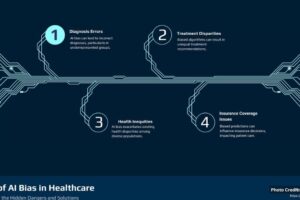Moody’s Analytics chief economist, Mark Zandi—well known for predicting the 2008 financial crisis—has issued a stark warning: the U.S. economy is dangerously close to slipping into a recession.
The Crux of Zandi’s Warning
- State-Level Slowdown:
Nearly one-third of the U.S. economy—by GDP—includes states already in recession or facing significant risk. Another third remain stagnant, while only a small share is currently growing. - Labor Weakness Fuels Concern:
The recent jobs report painted a troubling picture, adding just 22,000 positions in August. Combined with downward revisions for earlier months, Zandi calls this a “jobs recession” in the making. If layoffs accelerate, the downturn could become systemic. - Everyday Impact on Americans:
For the average American, the recession risk is already visible—higher costs for essentials and job disruptions in sectors tied to food, goods, and transportation.
Broader Economic Landscape
- Recession Not Declared—Yet:
Officially, the U.S. has not entered recession. GDP rebounded slightly in Q2 after a weak Q1, but key indicators like unemployment and job opportunities remain fragile. Economists estimate there is a strong probability the economy could already be in a technical recession.
Summary Table
| Insight | Detail |
|---|---|
| State-Level Crisis | ~33% of U.S. economy is in recession or at significant risk |
| Jobs Recession Underway | Sluggish hiring and rising layoffs point to a weakening labor market |
| Visible Consumer Impact | Rising costs and job insecurity hitting Americans directly |
| Uncertain National Outlook | GDP growth mixed; risks remain high for a downturn |
Conclusion
Mark Zandi’s warning underscores a pivotal moment for the U.S. economy. With state-level stress and a weakening labor market, the country stands at a delicate crossroads. While no official recession has been declared, the warning signs are strong—affecting livelihoods, stability, and future growth prospects.















